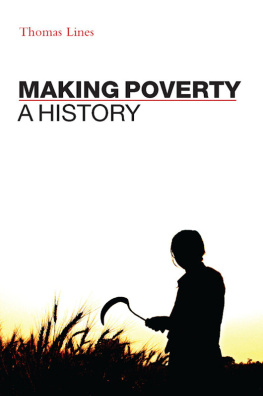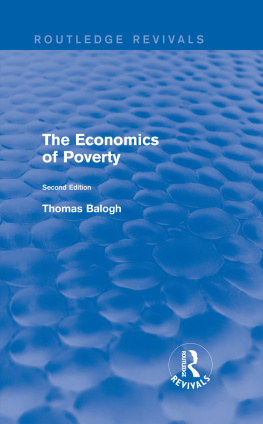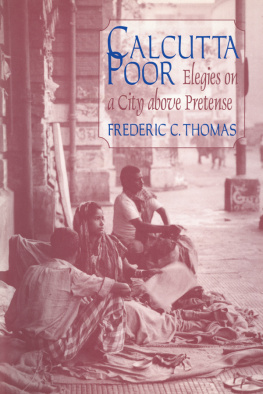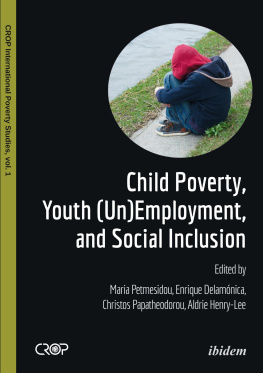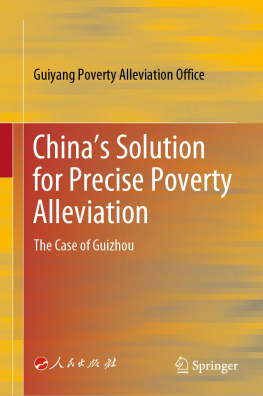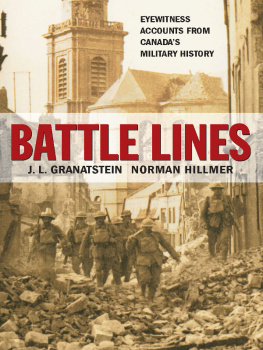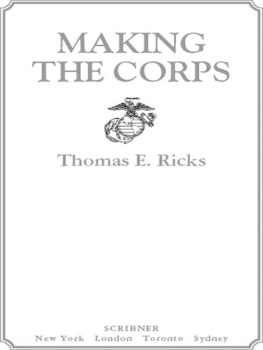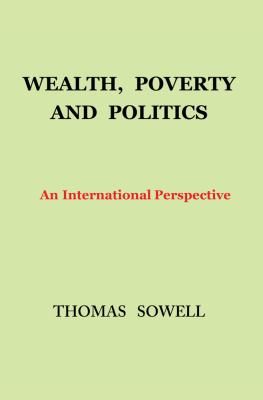Thomas Lines - Making Poverty: A History
Here you can read online Thomas Lines - Making Poverty: A History full text of the book (entire story) in english for free. Download pdf and epub, get meaning, cover and reviews about this ebook. year: 2013, publisher: Zed Books, genre: Politics. Description of the work, (preface) as well as reviews are available. Best literature library LitArk.com created for fans of good reading and offers a wide selection of genres:
Romance novel
Science fiction
Adventure
Detective
Science
History
Home and family
Prose
Art
Politics
Computer
Non-fiction
Religion
Business
Children
Humor
Choose a favorite category and find really read worthwhile books. Enjoy immersion in the world of imagination, feel the emotions of the characters or learn something new for yourself, make an fascinating discovery.
- Book:Making Poverty: A History
- Author:
- Publisher:Zed Books
- Genre:
- Year:2013
- Rating:5 / 5
- Favourites:Add to favourites
- Your mark:
- 100
- 1
- 2
- 3
- 4
- 5
Making Poverty: A History: summary, description and annotation
We offer to read an annotation, description, summary or preface (depends on what the author of the book "Making Poverty: A History" wrote himself). If you haven't found the necessary information about the book — write in the comments, we will try to find it.
Making Poverty: A History — read online for free the complete book (whole text) full work
Below is the text of the book, divided by pages. System saving the place of the last page read, allows you to conveniently read the book "Making Poverty: A History" online for free, without having to search again every time where you left off. Put a bookmark, and you can go to the page where you finished reading at any time.
Font size:
Interval:
Bookmark:

THOMAS LINES is a freelance consultant specializing in international agricultural markets. He started his working life as a journalist reporting on the commodity and financial markets in London and Paris, and later became a lecturer in international business at Edinburgh University. He has worked as a team leader of agricultural aid projects and a policy advisor for UN agencies, leading NGOs, and fairtrade and trade union organizations.
The author has worked in more than 40 countries and speaks fluent French and Russian. He was a candidate for the Green Party in the 2005 UK general election.
His recent work as a research consultant made him look at world markets and their impact on poverty from numerous angles, according to his clients requirements. This unusual wealth of experience leads the author to some troubling questions about the way the globalized economy affects the Earths poorest inhabitants.
Making Poverty
A HISTORY
Thomas Lines

Zed Books
LONDON & NEW YORK
Making Poverty: A History was first published in 2008 by Zed Books Ltd,
7 Cynthia Street, London N1 9JF, UK and
Room 400, 175 Fifth Avenue, New York, NY 10010, USA
This ebook edition was first published in 2013
www.zedbooks.co.uk
Copyright Thomas Lines 2008
The right of Thomas Lines to be identified as the author of this work has been asserted by him in accordance with the Copyright, Designs and Patents Act, 1988
Cover designed by Andrew Corbett
Interior designed and set in 11/12.5 pt Perpetua by Long House, Cumbria, UK
All rights reserved.
No part of this publication may be reproduced, stored in a retrieval system or transmitted, in any form or by any means, electronic or otherwise, without the prior permission of the publisher.
A catalogue record for this book is available from the British Library
US Cataloging-in-Publication Data is available from the Library of Congress
ISBN 978 1 84813 730 1
Contents
Tables and Figure
Abbreviations
A&P | Great Atlantic & Pacific Tea Company |
ACP | Africa, Caribbean and Pacific |
AERC | African Economic Research Consortium |
ASEAN | Association of South-East Asian Nations |
c | (US) cent |
CAADP | Comprehensive Africa Agriculture Development Programme (under NEPAD) |
COMESA | Common Market for Eastern and Southern Africa |
cu. m | cubic metre |
DR Congo | Democratic Republic of Congo |
EIC | East India Company |
EU | European Union |
EurepGAP | European Retailers Protocol for Good Agricultural Practice |
FAO | Food and Agriculture Organization of the United Nations |
GATT | General Agreement on Tariffs and Trade |
GCDS | Global Cassava Development Strategy |
GDP | gross domestic product |
GlobalGAP | Global Good Agricultural Practice |
GNP | gross national product |
HD | human development |
HDI | Human Development Index |
HIPC | Highly Indebted Poor Countries |
HIV | human immunodeficiency virus |
ICA | international commodity agreement |
ICO | International Coffee Organization |
IFAD | International Fund for Agricultural Development |
IFPRI | International Food Policy Research Institute |
ILO | International Labour Organization |
IMF | International Monetary Fund |
ITC | International Tin Council |
IUF | International Union of Food, Agricultural, Hotel, Restaurant, Catering, Tobacco and Allied Workers Associations |
kg | kilogram |
lb | pound (weight) |
LDC | Least Developed Country |
NEPAD | New Partnership for Africas Development |
ODI | Overseas Development Institute |
OPEC | Organization of the Petroleum Exporting Countries |
PPP | purchasing power parity |
PRSP | Poverty Reduction Strategy Paper |
SAP | structural adjustment programme |
SDR | Special Drawing Right |
SM | supply management |
sq. km | square kilometre(s) |
SSA | sub-Saharan Africa |
TNC | transnational corporation |
TRIMS | Trade-Related Investment Measures |
TRIPS | Trade-Related Intellectual Property Rights |
TVEs | township and village enterprises (in China) |
UK | United Kingdom |
UN | United Nations |
UNCTAD | United Nations Conference on Trade and Development |
UNDP | United Nations Development Programme |
US | United States |
Ush | Ugandan shilling |
USSR | Union of Soviet Socialist Republics |
WTO | World Trade Organization |
Foreword: crisis year
Events move fast during a crisis, and so it has been since this book was written in the middle months of 2007. When I started writing it, loan-financed private equity funds were busily buying up famous companies while speculative hedge funds were well-established investors, among other things, in primary commodities, including foodstuffs such as maize (corn), wheat and rice. Indeed, we were told that a commodities supercycle had placed the prices of foods, metals and other commodities on a long-term rising trend, which might even banish the boom-and-bust character for which their markets have always been renowned.
Then suddenly, in the usually quiet holiday month of August, the credit markets suffered what a leading banker called a heart attack. Financiers lost confidence in the new debt instruments which lay behind the boom, the banks stopped lending to each other, and the financial authorities were left scratching their heads, since the methods they had applied to previous financial crises would not work on this one.
The world of high finance might seem a long way from the struggle for survival of smallholders, pastoral herders, rural labourers and their families in Ethiopia, Mongolia, Moldova, the Solomon Islands, Haiti and other poor countries, about whose plight this book is written. But in the world of global free markets which has developed since the 1980s, they are closely linked. Poor countries have been required by financial institutions to set their future on exports, which in most cases means primary commodities and more often than not the produce of their fields, trees and animals. The prices they receive for them are set in global markets and by corporations which order the produce and sell it on to the worlds consumers.
Next pageFont size:
Interval:
Bookmark:
Similar books «Making Poverty: A History»
Look at similar books to Making Poverty: A History. We have selected literature similar in name and meaning in the hope of providing readers with more options to find new, interesting, not yet read works.
Discussion, reviews of the book Making Poverty: A History and just readers' own opinions. Leave your comments, write what you think about the work, its meaning or the main characters. Specify what exactly you liked and what you didn't like, and why you think so.

